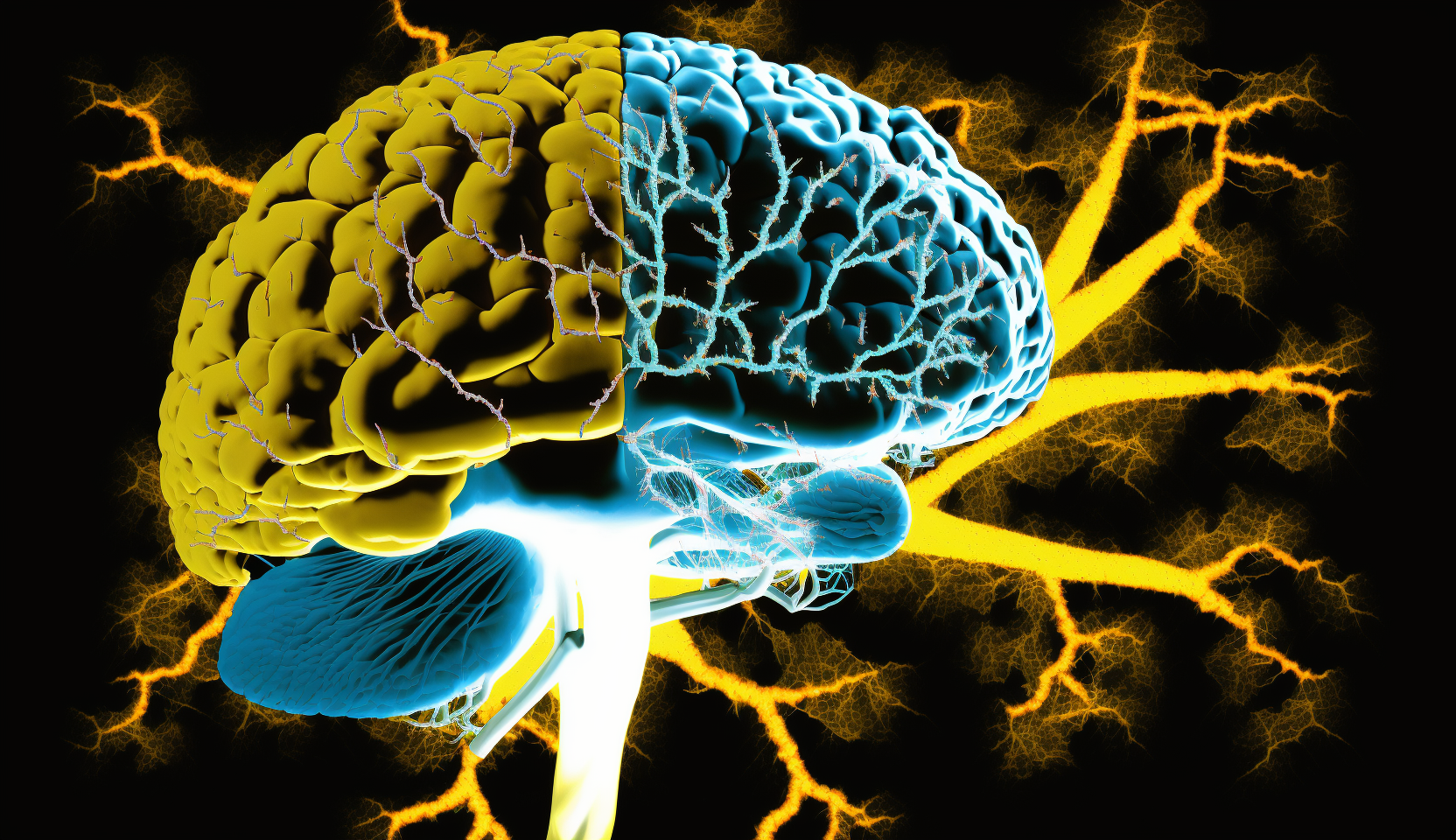Pharmaceutical giant AbbVie made a huge splash in the neuroscience space this week with the announcement of its definitive agreement to acquire clinical-stage biotech Cerevel Therapeutics for $8.7 billion. This transforms AbbVie’s position in neuroscience and adds multiple late-stage assets to its pipeline that could drive significant growth over the next decade.
At $45 per share in cash, AbbVie is paying a hefty premium for Cerevel, reflecting its belief in the blockbuster potential of the company’s pipeline. Cerevel has built an impressive roster of new compounds for psychiatric and neurological conditions—areas where AbbVie already has an established presence with treatments for Parkinson’s disease and migraine but now gains even more scale.
The crown jewel of the deal is emraclidine, an investigational antipsychotic for schizophrenia and other psychiatric disorders that could set a new standard of care. Currently in late-stage development, emraclidine has shown early signs of superior efficacy and safety compared to existing schizophrenia meds. With schizophrenia impacting over 5 million people across developed markets, emraclidine represents a multibillion-dollar opportunity for AbbVie commercially.
Beyond emraclidine, Cerevel has a range of other clinical-stage neuro assets that strengthen and complement AbbVie’s pipeline. These include tavapadon for Parkinson’s, CVL-354 for depression, and darigabat for epilepsy—all of which have potential for best-in-class status in their respective categories.
According to AbbVie’s chairman and CEO Richard Gonzalez, “Our existing neuroscience portfolio and our combined pipeline with Cerevel represents a significant growth opportunity well into the next decade.” He notes AbbVie’s global commercial infrastructure can help accelerate these drugs to market globally.
Gonzalez has orchestrated a highly successful strategy for AbbVie centered around building global therapeutic franchises in immunology, oncology, and aesthetics. Adding neuroscience as a fourth core franchise has been an ambition for awhile. Between Humira facing biosimilar competition and the need to fuel AbbVie’s next chapter of growth, this acquisition is a strategic step to position neuroscience as a more prominent piece of the puzzle.
For Cerevel, the buyout represents a major win and validation of the platform they have built. As CEO Dr. Ron Renaud comments, “Cerevel has always been committed to transforming what is possible in neuroscience…with AbbVie’s long-standing expertise in developing and commercializing medicines on a global scale, Cerevel’s novel therapies will be well positioned to reach more people.”
Wall Street is reacting positively to the deal announcement, with shares of both companies rising 3-4% the day it was announced. Investors recognize the growth implications and are cheering AbbVie’s move to recharge its pipeline.
While the deal is expected to close in 2024 pending approvals, it marks the continuation of a surge in biotech M&A driven by the appetite of large pharmas to augment their portfolios externally. With over 200 neuroscience programs in mid- to late-stage industrywide across CNS disorders, neurological treatments are having a moment right now. For AbbVie, the Cerevel transaction cements its intent to be at the forefront in capturing this opportunity.
